6. The Before Trilogy
The Second Part: Before Sunset (2004)
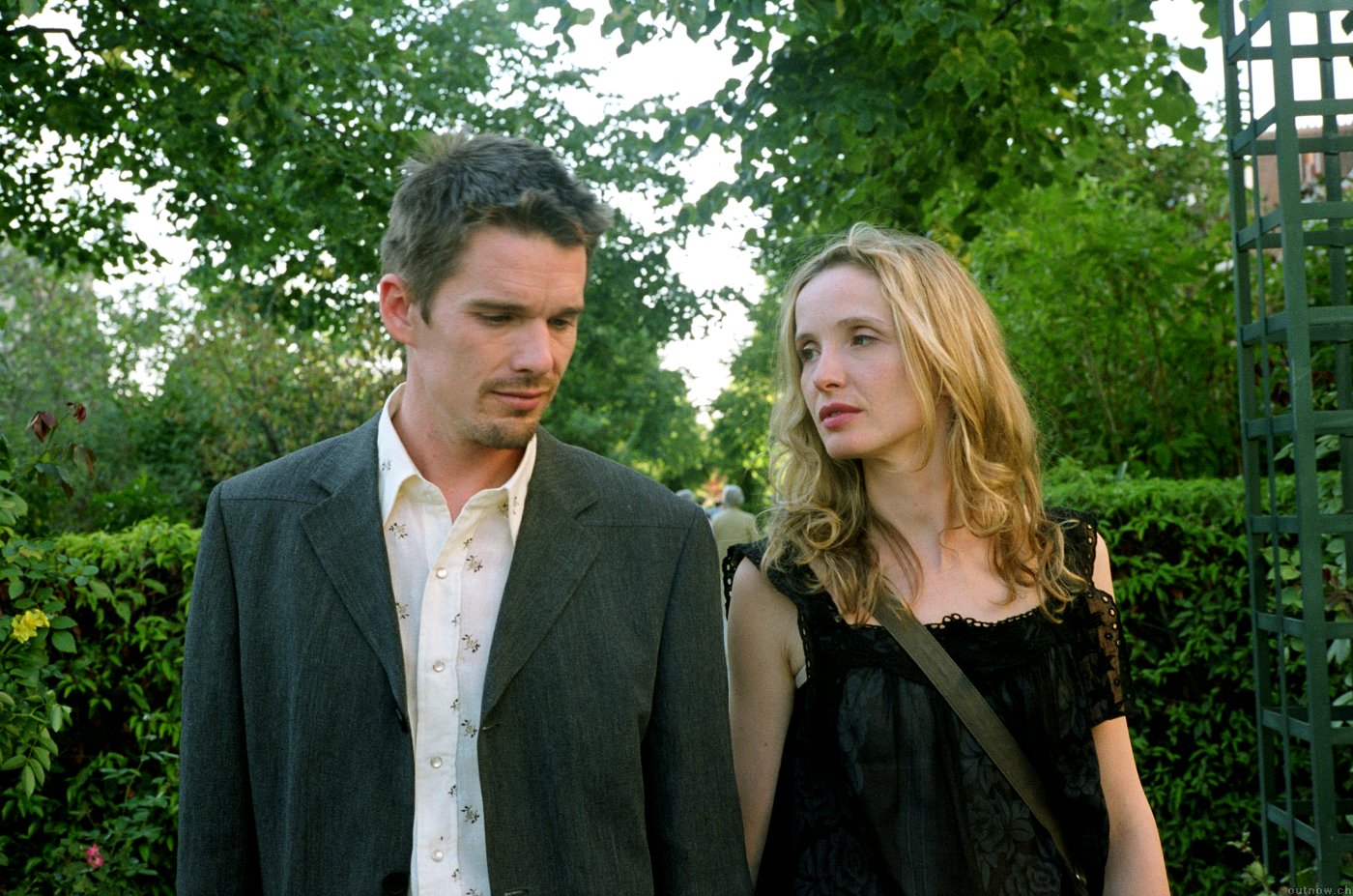
The great thing with art and cinema, in particular, is that it transcends time. We as people age and our perspectives and beliefs change, but art stays the same. It’s the changing times and the people that impact how a certain work of art is viewed. There’s no better example of this than in Richard Linklater’s “Before” trilogy, which is perhaps the greatest trilogy in cinema.
Depending on how old you are when you first watch the series, “Before Sunrise” might be your favorite if you’re in your 20s, or “Before Sunset” if you’re in your in your 30s, or “Before Midnight” if you’re in your 40s. Of course, it’s not as simple as that; age has nothing to do with it but more to do with relating to the two characters at a certain time in their lives.
“Before Sunrise” is filled with the promise of youth and having your whole life ahead of you, where every relationship has unlimited possibilities. “Before Midnight” is when life’s disappointments and unfulfilled dreams are a reality and you realize you’ve become more like your parents than you want to admit. “Before Sunset” is somewhere in the middle of the two stages, and for those reasons is the best.
There’s still youth and hope in Jesse and Céline in “Sunset,” even though they have the wisdom and experience that comes with reaching an age where you know life doesn’t always work out the way you want it to. This is the episode where Ethan Hawke and Julie Delpy started contributing to the script, which made the already perfect dialogue Linklater penned in the original even better. And it gets extra points for that unforgettable ending: “Baby… you are gonna miss your plane.”
7. Sam Raimi’s Spider-Man Trilogy
The Second Part: Spider-Man 2 (2004)
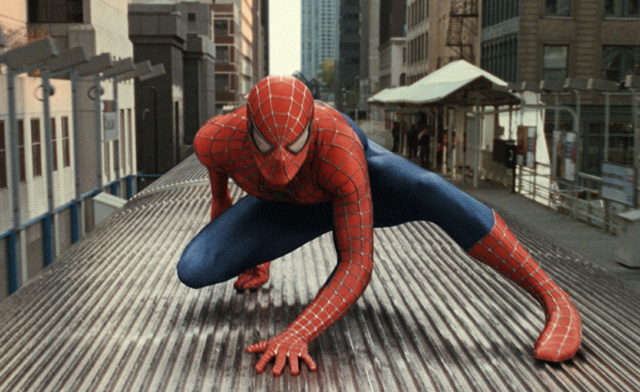
It’s easy to forget what Sam Raimi’s Spider-Man trilogy did for the superhero genre. Before superheroes started becoming way too serious, we had a young Peter Parker trying to save the world (mainly Queens) and find himself. Rebooted every time a single “Spidey” film got mixed reviews, the original trilogy took us into the comic book world better than most.
Although Tobey Maguire looks a bit too old to be playing a teenager, the first “Spider-Man” movie worked as well as it did because of his performance. Peter Parker is one of the most human and relatable superheroes out there, which Raimi perfectly captured in his first outing. Mixing silliness with serious drama, “Spider-Man” is really, at its core, a coming-of-age film that’s still a breath of fresh air in the current climate of its genre.
“Spider-Man 2” improved on the flaws of the first film and expanded on its world and its hero like a good sequel should. The special effects are better, the directing more confident, and the villain more engaging.
Alfred Molina’s Dr. Otto Octavius is still the franchise’s best villain with the action sequences standing as a highlight. Every hero struggles with the burden of living a double life, something the sequel patiently and masterfully takes its time building. For those reasons and more, it’s one of the best superhero films ever made.
The ill-fated “Spider-Man 3” bit off more than it could chew, falling victim to its own ambitious over-the-top mechanisms. Almost all of the final films of trilogies try to raise the stakes and almost all stumble under their own weight. With too many villains and too many twists and turns, “Spider-Man 3” didn’t feel as fun or as entertaining as its processors, and fails to conclude the story in a satisfying way.
8. The Dark Knight Trilogy
The Second Part: The Dark Knight (2008)
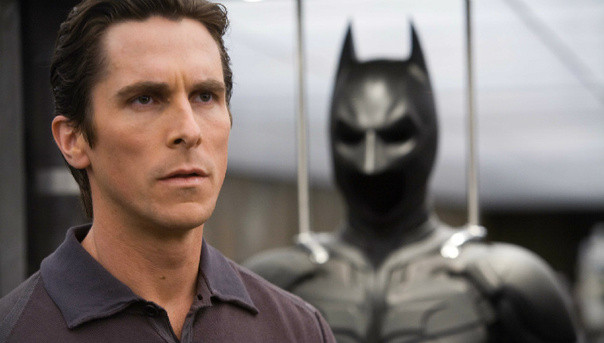
There are no surprises with this one. Christopher Nolan’s take on Batman was a refreshing and bold take on the superhero genre. Aiming for a darker tone and more realism and humanity, Nolan took Bruce Wayne to exciting new heights. After the nipple-suited and Arnold Schwarzenegger freezing abomination that was “Batman & Robin,” it was clear that a new direction was needed.
“Batman Begins” kicked off the new trilogy in a surprising fashion. Starting off an era of origin stories, the film stripped down Bruce Wayne to his bare essence and got to the grit of why and how he became the Caped Crusader.
With the excellent Christian Bale and an even more excellent supporting cast, “Begins” still stands as the best origin film to come out of the sea of origin stories it inspired. While it took a sequel for audiences to fully catch on, the same sequel that unfortunately overshadowed it, “Begins” still stands as one of the genre’s best.
Of course, the sequel in question is “The Dark Knight.” Taking the trilogy to more epic proportions and reintroducing Batman’s greatest foe in Heath Ledger’s the Joker, the film is “The Empire Strikes Back” of the trilogy. Nolan grew side by side with this sequel as a director improving on the slight flaws of “Begins” and going deeper into the consequences of what it takes to be a hero. For all its hype, “The Dark Knight” is a masterpiece and modern classic that will forever be remembered.
“The Dark Knight Rises,” on the other hand, saw a drop in quality. There’s no way it could’ve reached the insane expectations left behind by its predecessor. Increasing the scope of each episode finally caught up with the trilogy as it became bloated and messy. Introducing a different type of villain in Bane and casting Tom Hardy to play that part was a genius move to contrast the big shoes left by Ledger. But all the twists and turns didn’t work out as well as they should’ve, and the end product feels more like a rushed by-the-numbers blockbuster than what came before. It’s still a great film though.
9. The Hobbit Trilogy
The Second Part: The Desolation of Smaug (2013)
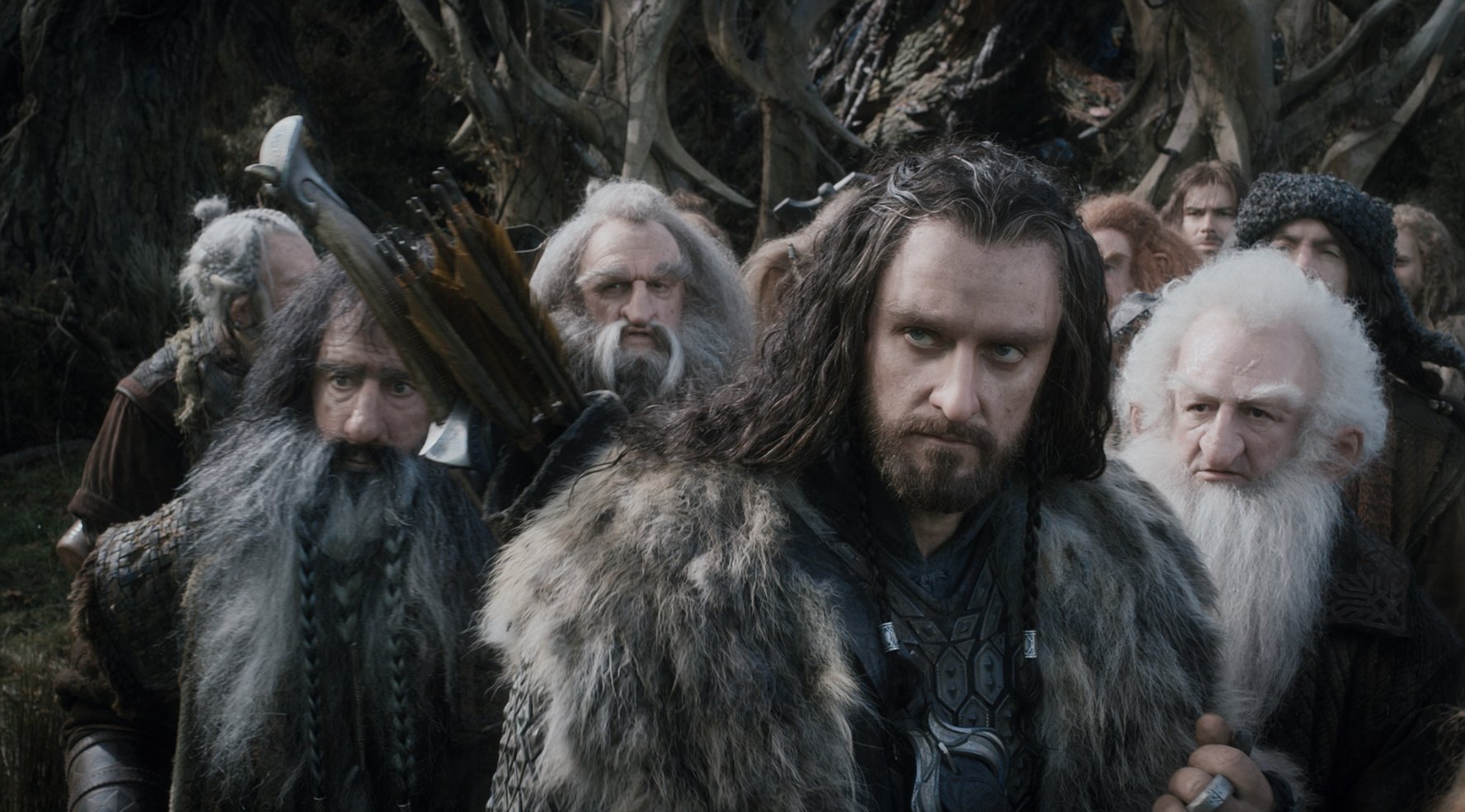
Expectations were high for another journey into Tolkien’s Middle-earth after the insane heights Peter Jackson set with the Lord of the Rings trilogy. Expanding a lighter and even shorter single novel into a trilogy was greeted with doubt, but news that the new films would also add appendices from the “Return of the King” novel did give some hope.
The prequel trilogy suffered from a bloated runtime (which would’ve worked better if each of the films were two hours at the most), overuse of CGI, and the studio’s refusal to give Jackson more time to develop the trilogy. There’s a lot of filler and unnecessary scenes and storylines that go on longer than they should, especially in “An Unexpected Journey.” Trying to match the epicenes of “The Lord of the Rings” just didn’t work as well this time around.
Yet, “The Desolation of Smaug” comes closer than any of the other two films in hitting those peaks. Not that we expected the Hobbit Trilogy to be like the original, but the filmmakers tried too hard to evoke those same heights. Weta Digital did amazing work bringing the dragon Smaug to life. Voiced menacingly by Benedict Cumberbatch, Smaug is the highlight of the prequels next to some exciting sequences in the forest and the barrel ride downstream.
“The Battle of the Five Armies” failed to build on its predecessor’s improvements. Smaug is giving a disappointing conclusion, the humor fails on every level (yes, we’re talking about you, Alfred), and the love triangle no one wanted ends without the slightest bit of potency. The film eventually crumbles under the weight of its CGI overkill and the tie-ins to the original trilogy feel forced. Still, there are still lots to enjoy in the battle sequences with a particular highlight being Thorin vs. Azog.
10. Planet of the Apes Reboot Trilogy
The Second Part: Dawn of the Planet of the Apes (2014)
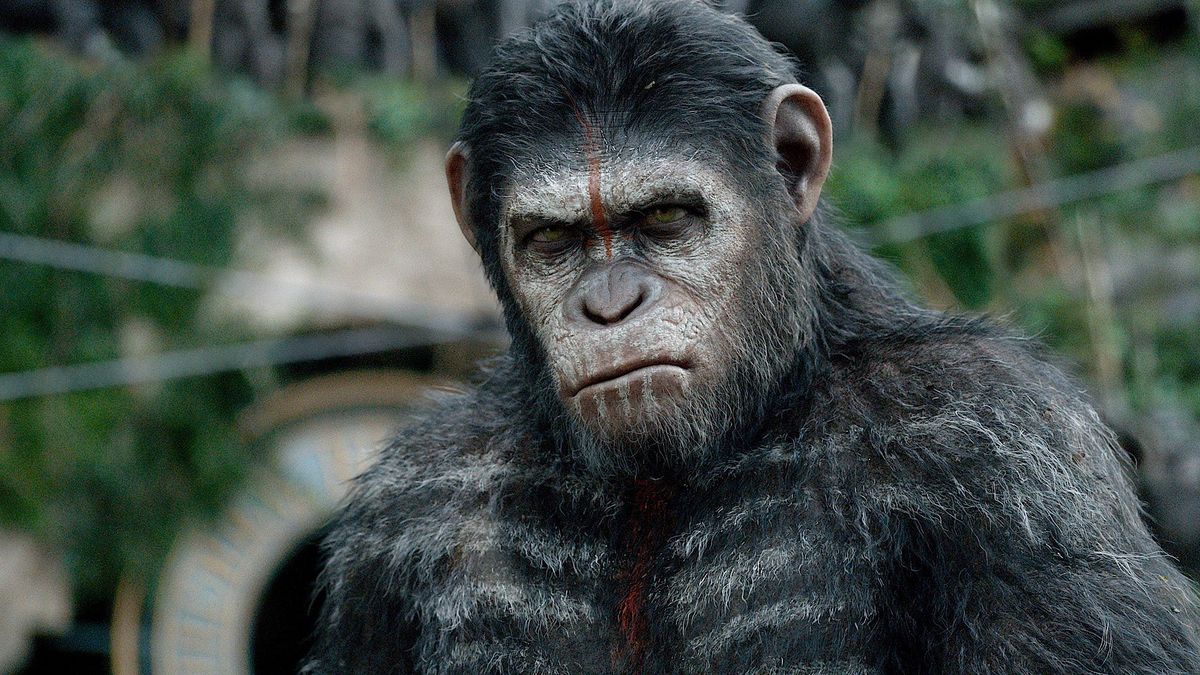
When a “Planet of the Apes” reboot film was announced, no one could’ve predicted just how good it would be. Reboots rarely work and when they do they’re rarely this good. But with this reboot trilogy, new life was breathed into the franchise that delivered both on story and spectacle.
Originally based on the novel of French author Pierre Boulle (who also wrote the novel “The Bridge on the River Kwai”), the first and original “Planet of the Apes” film is a science fiction classic. Boulle was inspired to write the novel after he saw humanlike expressions of gorillas at a zoo, which made him contemplate the relationship between man and ape. Years later, screenwriters Rick Jaffa and Amanda Silver had similar inspirations after reading news articles of apes raised as humans and the advances in genetics. Coincidence… ? I think not!
“Rise of the Planets of the Apes” reinvented the story of Caesar from humble household beginnings to his destiny and legacy as a revolutionary leader. It’s the perfect reboot that takes its time building a new world with some amazing CGI from Weta and a captivating performance by the motion capture king Andy Serkis. Its sequel, “Dawn of the Planet of the Apes” does everything a good sequel should do by expanding and darkening its mythos.
The final part of the trilogy (so far) further proved why this is the best and most consistent trilogy in recent times. “War of the Planet of the Apes” goes full-blown war and gives Caesar the bittersweet ending he deserves. Unlike most trilogies, it all comes down to personal taste to which episode is the best. “Dawn” has the edge because of the complex relationships between humans and apes, Caesar’s growth as a leader, and Koba’s unforgettable storyline and deadly shenanigans.